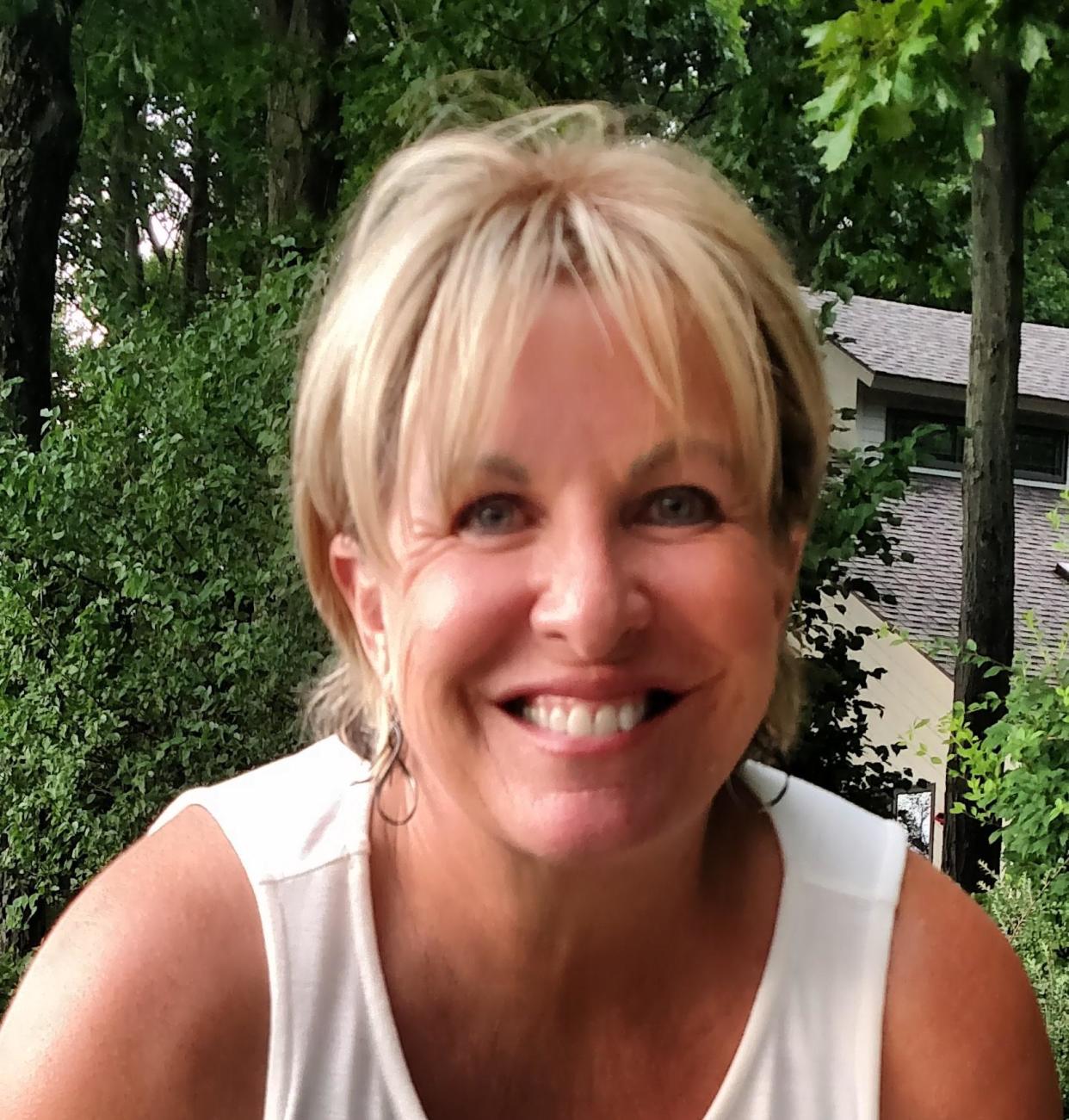Lynn Smith: Dirty money
It was in 2010, at a Warren, Ohio, steel plant, that a cooling panel started leaking, causing water to hit molten steel. According to observers, the resulting explosion was so massive that it “tossed men into the air like ping pong balls,” and led to the hospitalization of seven.
When one year later, another explosion caused a new round of life-threatening injuries, a federal investigation turned up dozens of safety violations and reported that, “The owner just kept cutting corners. They were running a skeleton crew and would not hire more help.” In 2016, when the plant was shut down for good, over 200 people lost their jobs.
At the time of its demise, Warren Steel was owned by Ihor Kolomoisky, a Ukrainian oligarch who had bought it, along with hundreds of millions of dollars invested in other distressed Midwestern properties, as part of his money-laundering scheme. Kolomoisky needed to convert his illegally obtained cash into “real” assets like American steel plants, to mask his massive Ukrainian thefts. The Ohio story is a prime example of a foreign national with criminal intent, coming into an impoverished rust-belt city, and promising to deliver new jobs and renewed economic growth. In truth, he couldn’t care less about either.

With the 1991 break-up of the USSR, Eastern Europeans ransacked nations like Russia and Ukraine, and billionaires were created almost overnight. Their illicitly produced funds had to be washed, and western nations, primarily the U.S. and the U.K., became the global destinations for their dirty money. You may think that most clandestine financial traffic goes through the Caribbean or Cyprus, but that’s not true.
Now it’s Delaware, Nevada, South Dakota and Wyoming who have created some of the simplest financial instruments used by nameless investors to hide their ill-gotten-gains from the eyes of the world. Not surprisingly, real estate is a favorite vehicle for criminals to clean cash, and that preference has eliminated affordable housing for millions of Americans because already inflated prices are colliding with increased criminal demand.
Through the use of “shell” companies, anonymous entities are formed quickly, and with minimal paperwork. And then, the resulting digital transactions can move through different banks, in different countries, in mere seconds. Foreign nationals seeking to hide illicit money in the U.S. often plow it into glittering high-rises in cities like Miami or New York. Anonymous purchases of Trump properties skyrocketed (along with prices) once he became the Republican nominee for president in 2016. Americans still have no idea who those purchasers were, where they got their money, or what they expected in return.
Because anonymous shell companies (both foreign and domestic) routinely contribute to Political Action Committees (PACs), we can only shudder at the potential impact on legislative policy and our national security.
The link between dictatorships and dirty money is long and strong, so the Biden administration has begun using executive actions to uncover widespread schemes to launder money. Their latest crackdown requires insurance companies to disclose the identities of anonymously owned real estate prior to obtaining insurance coverage. Our country has played a troubling role in facilitating the dark economy, so there is urgent need for legislative reform, including banning the use of tax havens and anonymous accounts altogether.
During the 10 years between ’06 and ’16, Kolomoisky amassed a real estate empire in the Midwest, including a skyscraper in Cleaveland, a shuttered Motorola facility in Illinois, a metals factory in West Virginia, and the former headquarters of Mary Kay Cosmetics in Dallas, just to name a few. In his wake, he left a trail of empty, boarded-up buildings, unpaid property taxes, and four steel mills forced to file for bankruptcy. Under Kolomoisky’s ownership, hundreds of steelworkers in Kentucky, New York state and Ohio lost their jobs, were left without insurance coverage, and temporarily lost the ability to even access their own retirement funds. Financial fraud is rarely victimless.
In the summer of 2019, when Trump threatened to withhold nearly $400 million in Congressionally approved aid to Ukraine unless newly-elected President Zelenskyy delivered “dirt” on the Biden family, Trump ordered Rudy Giuliani to start shoveling. It should come as no surprise that Ihor Kolomoisky was among Rudy’s first calls.
Corrupt foreign actors have already plundered their own nations, so unless we dramatically strengthen U.S. oversight, opaque financial structures will allow them to pillage our country, too. And unlike the Cold War, this battle is being waged from the warm confines of a Miami Beach penthouse.
— Community Columnist Lynn Smith is a retired wealth management executive who resides in Holland. Contact her at lynn.angleworks@gmail.com.
This article originally appeared on The Holland Sentinel: Lynn Smith: Dirty money
